Last month, KrebsOnSecurity identified U.K. citizen Daniel Kaye as the likely real-life identity behind a hacker responsible for clumsily wielding a powerful botnet built on Mirai, a malware strain that enslaves poorly secured Internet of Things (IoT) devices for use in large-scale online attacks. Today, a German court issued a suspended sentence for Kaye, who now faces cybercrime charges in the United Kingdom.

Daniel Kaye’s Facebook profile page.
In February 2017, authorities in the United Kingdom arrested a 29-year-old U.K. man on suspicion of knocking more than 900,000 Germans offline in a Mirai attack in November 2016. Shortly after that 2016 attack, a hacker using the nickname “Bestbuy” told reporters he was responsible for the outage, apologizing for the incident.
Prosecutors in Europe had withheld Kaye’s name from the media throughout the trial. But a court in Germany today confirmed Kaye’s identity as it handed down a suspended sentence on charges stemming from several failed attacks from his Mirai botnet — which nevertheless caused extensive internet outages for ISPs in the U.K., Germany and Liberia last year.
On July 5, KrebsOnSecurity published Who is the GovRAT Author and Mirai Botmaster BestBuy. The story followed clues from reports produced by a half-dozen security firms that traced common clues between this BestBuy nickname and an alter-ego, “Spiderman.”
Both identities were connected to the sale of an espionage tool called GovRAT, which is documented to have been used in numerous cyber espionage campaigns against governments, financial institutions, defense contractors and more than 100 corporations.
That July 5 story traced a trail of digital clues left over 10 years back to Daniel Kaye, a 29-year-old man who had dual U.K. and Israeli citizenship and who was engaged to be married to a U.K. woman.
Last week, a 29-year-old identified by media only as “Daniel K” pleaded guilty in a German court for launching the attacks that knocked 900,000 Deutsche Telekom customers offline. Prosecutors said Daniel K sold access to his Mirai botnet as an attack-for-hire service.
The defendant reportedly told the court that the incident was the biggest mistake of his life, and that he took money in exchange for launching attacks in order to help start a new life with his fiancee. Continue reading



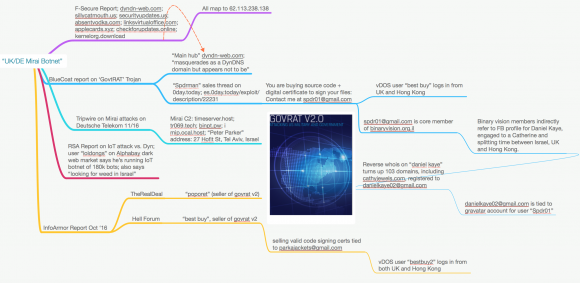

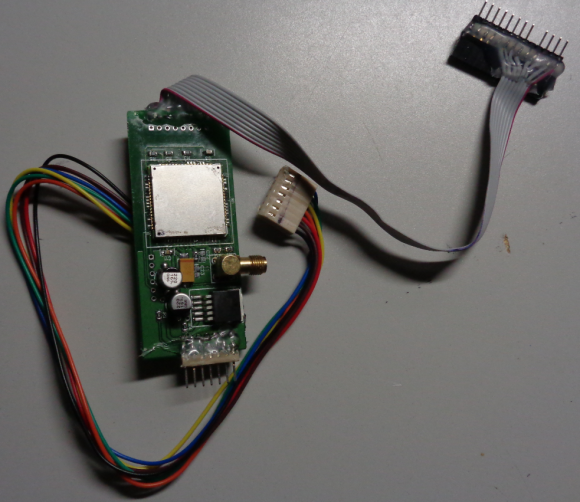
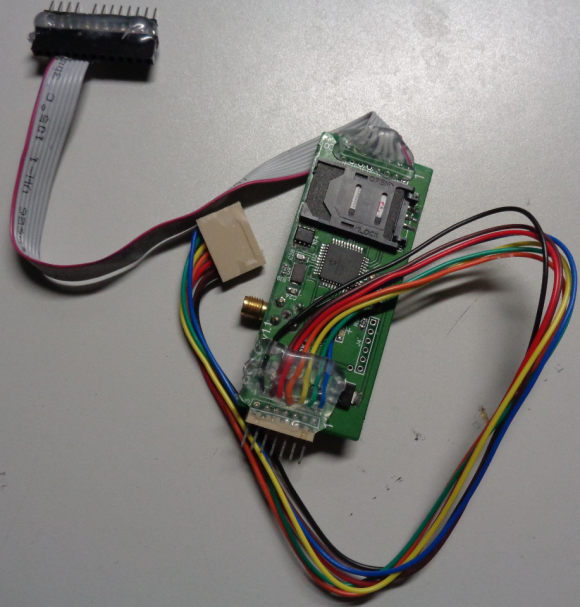
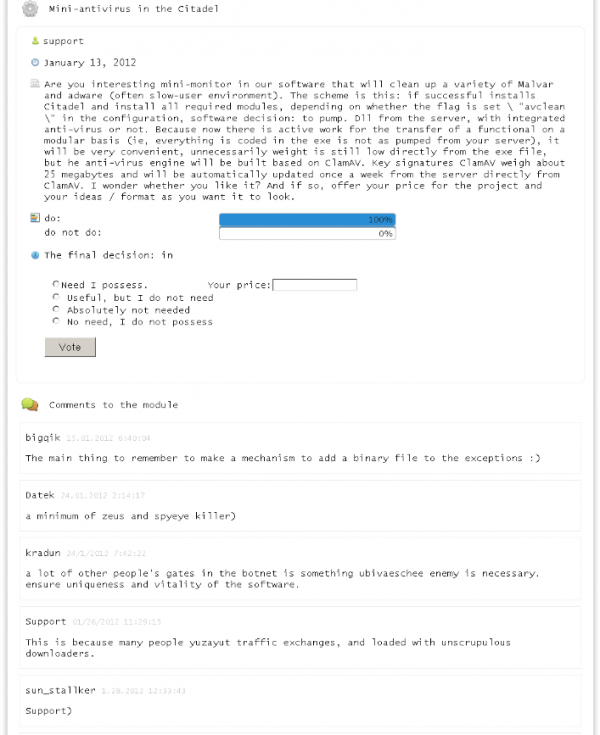
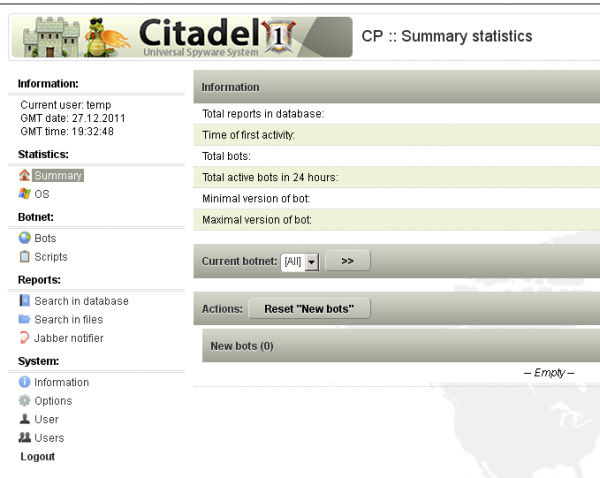
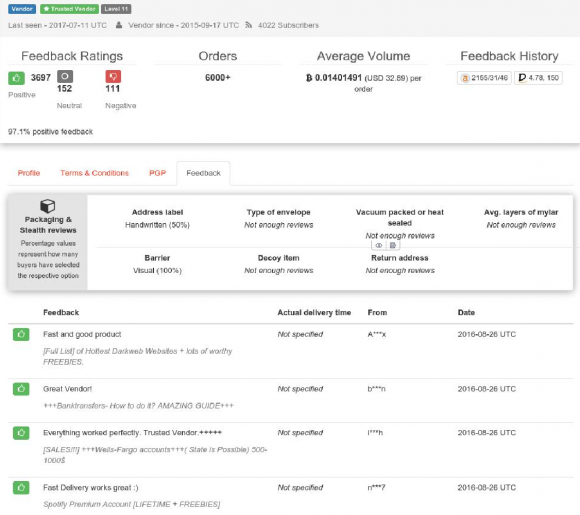
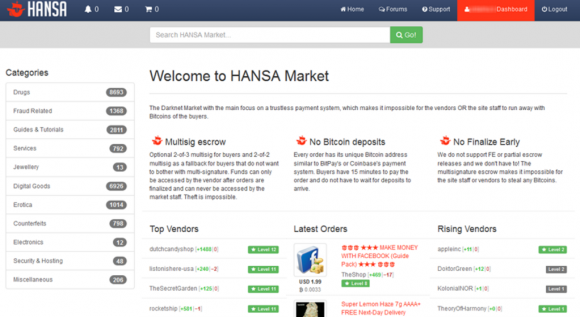



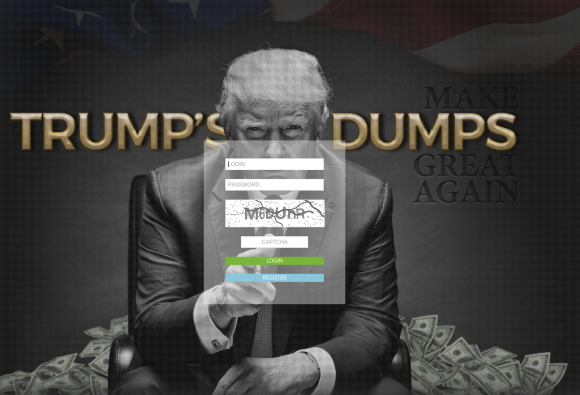
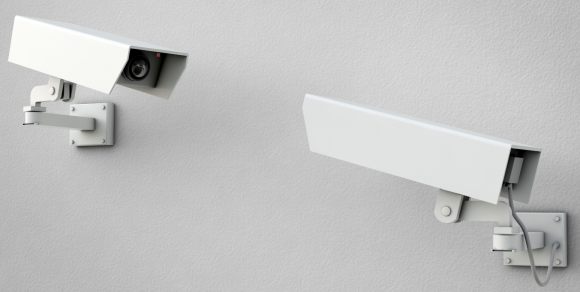


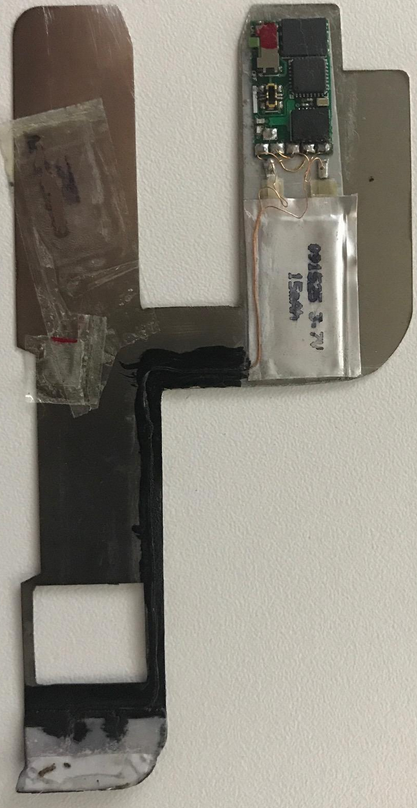
 The updates from Microsoft concern many of the usual program groups that seem to need monthly security fixes, including Windows, Internet Explorer, Edge, Office, .NET Framework and Exchange.
The updates from Microsoft concern many of the usual program groups that seem to need monthly security fixes, including Windows, Internet Explorer, Edge, Office, .NET Framework and Exchange. As it is accustomed to doing on Microsoft’s Patch Tuesday, Adobe released a new version of its Flash Player browser plugin that addresses a trio of flaws in that program.
As it is accustomed to doing on Microsoft’s Patch Tuesday, Adobe released a new version of its Flash Player browser plugin that addresses a trio of flaws in that program.